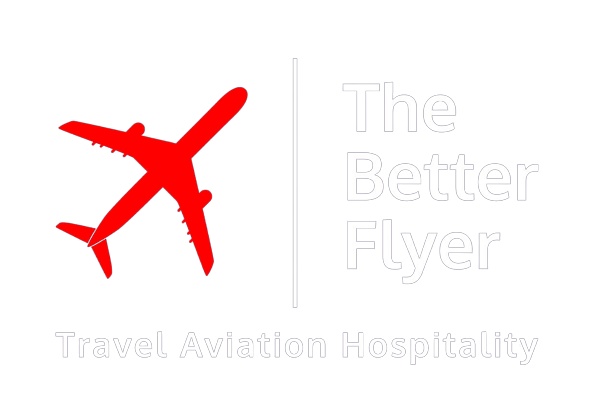Amsterdam Airport Schiphol (AMS) is scrapping its controversial plan to reduce flight capacity in an effort to curb traffic and pollution, after facing intense pressure from the U.S.
Infrastructure Minister Mark Harbers wrote in a letter to the Dutch Parliament that the move to implement flight caps had been put on pause, primarily due to criticism from the U.S. Harbers also cited concerns from the Canadian government and the EU, according to De Telegraaf, a Dutch newspaper.
“In the eyes of the United States, the capacity reduction would be unjust, discriminatory and anti-competitive for airlines,” Harbers wrote in the letter.
Want more airline-specific news? Sign up for TPG’s free biweekly Aviation newsletter.
Schiphol said in a statement that it was “disappointed by the recent developments,” adding that it believed not reducing flight capacity at the airport would be detrimental to local residents.
The plan would have initially reduced Schiphol’s capacity from 500,000 flights a year to about 460,000 for the summer travel season. This meant that airlines without historic rights at the airport would have lost their slots for summer 2024, whereas those with historic rights at Schiphol would receive 3.1% fewer slots.
With the reductions, JetBlue, which just started flying to Schiphol in August, would have lost all its slots in Schiphol in summer 2024. The New York-based carrier filed a complaint with the U.S. Department of Transportation, requesting that it boot Dutch carrier KLM from John F. Kennedy International Airport (JFK) in response to the proposed flight caps.
JetBlue said it was pleased with the Dutch government’s decision to reverse its stance on the flight caps.
Route map changes: JetBlue cuts 14 routes, drops a city in big network shake-up

Daily Newsletter
Reward your inbox with the TPG Daily newsletter
Join over 700,000 readers for breaking news, in-depth guides and exclusive deals from TPG’s experts
“The Dutch government has taken a good first step in agreeing to suspend its plan to cut flight capacity at Amsterdam Airport Schiphol which was set to begin in the summer 2024 season,” JetBlue said in a statement. “We continue to advocate for a long-term resolution that allows for new entrants and competitors in the market like JetBlue.”
JetBlue said it is now working to ensure it can fly at Schiphol during the summer.
Airlines for America, a trade group that represents the major U.S. airlines, also filed a complaint against the flight caps with the DOT.
Consequently, the DOT approved JetBlue’s and A4A’s complaints, expressing concern with the Dutch government’s methodology to reduce flight capacity.
“Indeed, we find particularly alarming that JetBlue, a relative new entrant at AMS, has been notified that it will receive no slots for the Summer 2024 season,” the DOT said in response to the complaints.
The DOT also said it would require Dutch carriers KLM, Martinair and TUI Fly Netherlands to file their schedules within seven days of Nov. 2, the date the DOT issued the order — perhaps an indication that the department was weighing countermeasures against the Dutch carriers.
At the time, the DOT also said it would defer on implementing countermeasures such as the one JetBlue proposed, though that may be moot with the Dutch government backing off its original proposal.
The Dutch government’s reversal comes a day after the DOT said it would “engage” with the Dutch government and the European Commission on Schiphol’s proposed flight caps.
Maximize your flying: The complete guide to the JetBlue TrueBlue program
The DOT did not respond to a request for comment by the time of publication.
KLM also said it was “satisfied” with the Dutch government’s decision, adding that it believed the move reduces chances of retaliation.
“It is an important step to prevent retaliation and to continue flying to the US,” KLM said in a statement. “In addition, the European Commission has sent a clear signal to go through a careful legal process according to the balanced approach.”
The plan to reduce flights out of Schiphol, one of Europe’s busiest airports, was always a contentious one. Airlines were vociferously against the measure, with KLM, Delta Air Lines, Corendon Airlines and Tui Airways filing a lawsuit to block the proposed cuts.
After a Dutch court ruled in favor of the airlines, the plan went through a back-and-forth legal limbo as an appeals court later overturned the ruling, allowing the Dutch government to move forward with implementing the flight caps.
And while it seemed as if the plan was just about to go into effect, the U.S. and European Commission ramped up the pressure on the Dutch government. Harbers believed the flight caps would “isolate” the Netherlands, ultimately causing the Dutch government to walk back the controversial plan.
Related reading:

